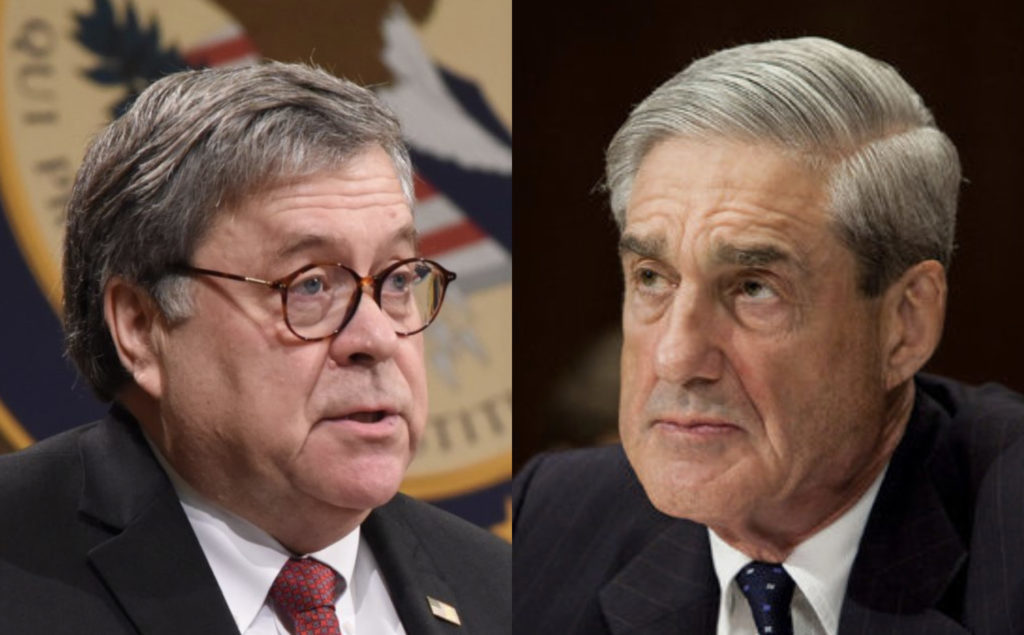Here’s what you need to know about Rule 6(e) and how it could force the Mueller report to become public

Now that even Robert Mueller’s own team is publicly asserting that William Barr is gratuitously misrepresenting what the Mueller report says about Donald Trump’s collusion and obstruction antics, House Democrats have gained a major edge in their legal battle to force the report to be made public. But this week an appeals court in an unrelated case prompted a number of doom-and-gloom headline writers to announce that the grand jury portions of the Mueller report will never become public. Not so fast.
The legal ramifications are complex, but it more or less comes down to this. Robert Mueller included significant information from his grand jury in his report, with the apparent intention of Congress and the public getting to see it, so they could understand the full extent of Donald Trump’s crime spree. William Barr is arguing that even if he’s forced to hand over the report, he’ll need to redact all of the grand jury information. So it was always going to come down to a judge’s decision about whether the Mueller grand jury materials should be released. In fact, as Palmer Report explained back on April 1st, the first step in that court battle is set to take place next week on April 12th, in front of Judge Federal Judge Beryl Howell.
In the meantime, the U.S. Court of Appeals in Washington DC just ruled on Friday that under Rule 6(e) in the Federal Rules of Criminal Procedure, a judge cannot arbitrarily release grand jury materials based on his or her own discretion – unless it qualifies for one of several exceptions. In other words, this isn’t doom-and-gloom at all for those who want to see the full Mueller report made public. It simply means that the judge must conclude that the Mueller grand jury materials do indeed meet one of those exceptions. So this is the part where we have to check what the legal experts have to say.
For instance, former U.S. Attorney Barb McQuade tweeted that, even in light of the new appeals court ruling, Judge Howell can order the release of the Mueller grand jury materials under Footnote 3 of Rule 6(e). What we find interesting is that this ruling clearly establishes that judges can release grand jury materials under the right circumstances. So if Judge Howell rules that the Mueller grand jury materials must be released, and William Barr tries to appeal it, House Democrats can point to Friday’s ruling to try to help make their case.
